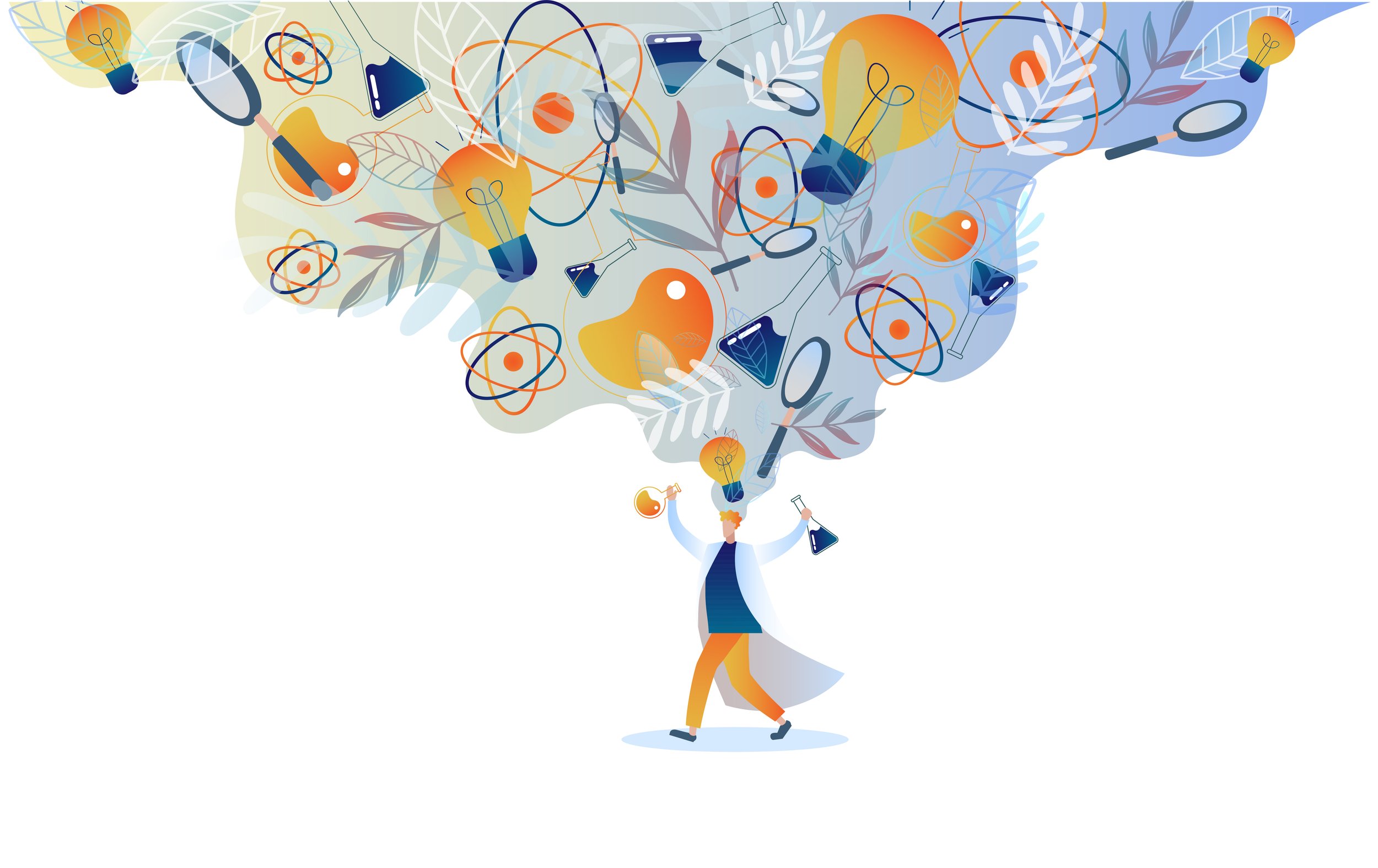
Attention Deficit Hyperactivity Disorder
Attention Deficit Hyperactivity Disorder (ADD/ADHD)
ADHD is a type of mental health disorder that impacts a person’s cognitive abilities. For example, it can change a person’s ability to remember things or concentrate on tasks. This relatively common disorder affects about 11 percent of school-aged children in the United States. Although it is commonly thought of as a childhood illness, about 4.4 percent of adults in the United States live with the disorder as well.
ADHD can develop at any point in life, though it is often diagnosed in childhood. Some children with ADHD outgrow their symptoms by the time they become adults. Others live with symptoms of ADHD throughout their lives. Some adults never had symptoms as children but develop ADHD later in life.
Children and adults who have symptoms of inattention may:
Be easily distracted, miss details, forget things, and frequently switch from one activity to another.
Have difficulty focusing on one thing.
Become bored with a task after only a few minutes unless they are doing something enjoyable.
Have difficulty focusing attention on organizing and completing a task or learning something new.
Have trouble completing or turning in homework assignments, often losing things (e.g., pencils, toys, assignments) needed to complete tasks or activities.
Not seem to listen when spoken to
Daydream, become easily confused and move slowly.
Have difficulty processing information as quickly and accurately as others.
Struggle to follow instructions.
Children and adults who have symptoms of hyperactivity may:
Fidget and squirm in their seats
Talk nonstop.
Dash around, touching or playing with anything and everything in sight.
Have trouble sitting still during dinner, school, and story time.
Be constantly in motion.
Have difficulty doing quiet tasks or activities.
Children and adults who have symptoms of impulsivity may:
Be very impatient.
Blurt out inappropriate comments, show their emotions without restraint, and act without regard for consequences.
Have difficulty waiting for things they want or waiting their turns in games.
Often interrupt conversations or others' activities.
At MindShift Psychotherapy, we are highly trained to assess and treat individuals with ADD/ADHD. Treatments can consist of behavioral therapies and Neurofeedback.
